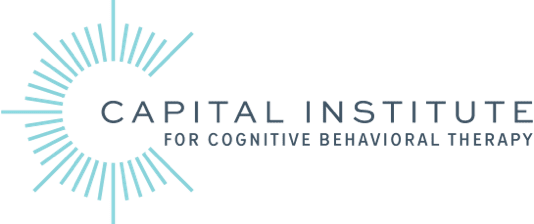Types of CBT
With continued research and clinical experience, CBT has evolved into a family of related therapies, all sharing a common commitment to a practical, research-proven approach to reducing human suffering. CBT therapies include:
- Acceptance and Commitment Therapy
- Behavioral Activation
- Cognitive Processing Therapy
- Cognitive Therapy
- Compassion Focused Therapy
- Dialectical Behavior Therapy
- Emotional Schema Therapy
- Exposure and Response Prevention
- Metacognitive Therapy
- Mindfulness Based Cognitive Therapy
- Prolonged Exposure
- Schema Therapy
- Unified Protocol
Advances in CBT
Recent years have seen important developments in CBT, including new treatment approaches that have come to be known collectively as third wave therapies.
The first wave of CBT treatments to be developed focus on behaviors–things people can do to feel better. Exposure treatments encourage patients to safely and deliberately (and typically gradually) confront things that trigger their fear to reduce anxiety. Behavioral activation helps people engage in behaviors that increase their sense of pleasure, accomplishment and social connection to improve their mood.
The second wave of CBT treatments focus not only on people’s behaviors but their thoughts and beliefs. The pioneering work of Aaron Beck, Albert Ellis and others proved that helping people think more realistically and positively can reduce symptoms and improve quality of life.
A new group of CBT treatments, which have come to be known as the third wave, focus on the importance of emotion and on the use of mindfulness and acceptance to help people feel better and live more valued lives.
Two of the most influential Third Wave therapies are Dialectical Behavior Therapy (DBT) and Acceptance and Commitment Therapy (ACT).
Current research shows that techniques from all three “waves” of CBT are helpful in reducing symptoms and improving quality of life. No one group of techniques is more effective for all problems than another. There is also some evidence that combining techniques from different waves of CBT may lead to the best long term outcome.
The therapists at Capital Institute have training and experience with the full range of CBT treatment approaches. This is good news, because it means your therapist has the flexibility to choose research-proven techniques that work best for you.

